With the majority of the global population stuck at home looking for distractions, Netflix’s new docuseries Tiger King and it’s characters have already become cultural phenomena.
The story of the series’ protagonist Joe Exotic and the characters surrounding his life has many layers. Each episode introduces new people who don’t seem like they belong to any real-life narrative. There are many interwoven story arcs, each more unbelievable than the one it follows. As the story progresses and more characters are introduced, one thing becomes clear: there’s no one in this story whose side you’re supposed to be on. Everyone is corrupt one way or another and no one seems to actually care about the big cats, perhaps including the documentary's producers.
Tiger King is a docuseries about its wild characters rather than one about the mistreatment of animals, yet the end credits leave you with shocking numbers. In the US alone, between 5000 to 10000 tigers live in captivity and fewer than 4000 remain in the wild. Places like Carol Baskin’s Big Cat Rescue and Joe Exotic’s zoo claim to exist for the benefit of the animals, however, it’s clear upon watching the documentary that’s not the case. These facilities, collect donations and attract volunteers with the claims of helping big cats when, in fact, their main concern is personal profit.
Our mission at Kinder is to elevate trustworthy charitable organisations and give the public a space where they can safely donate to great causes. Through our research and vetting, we make sure people’s hard-earned money doesn’t end up in the pockets of organisations that aren’t being truthful about their efforts.
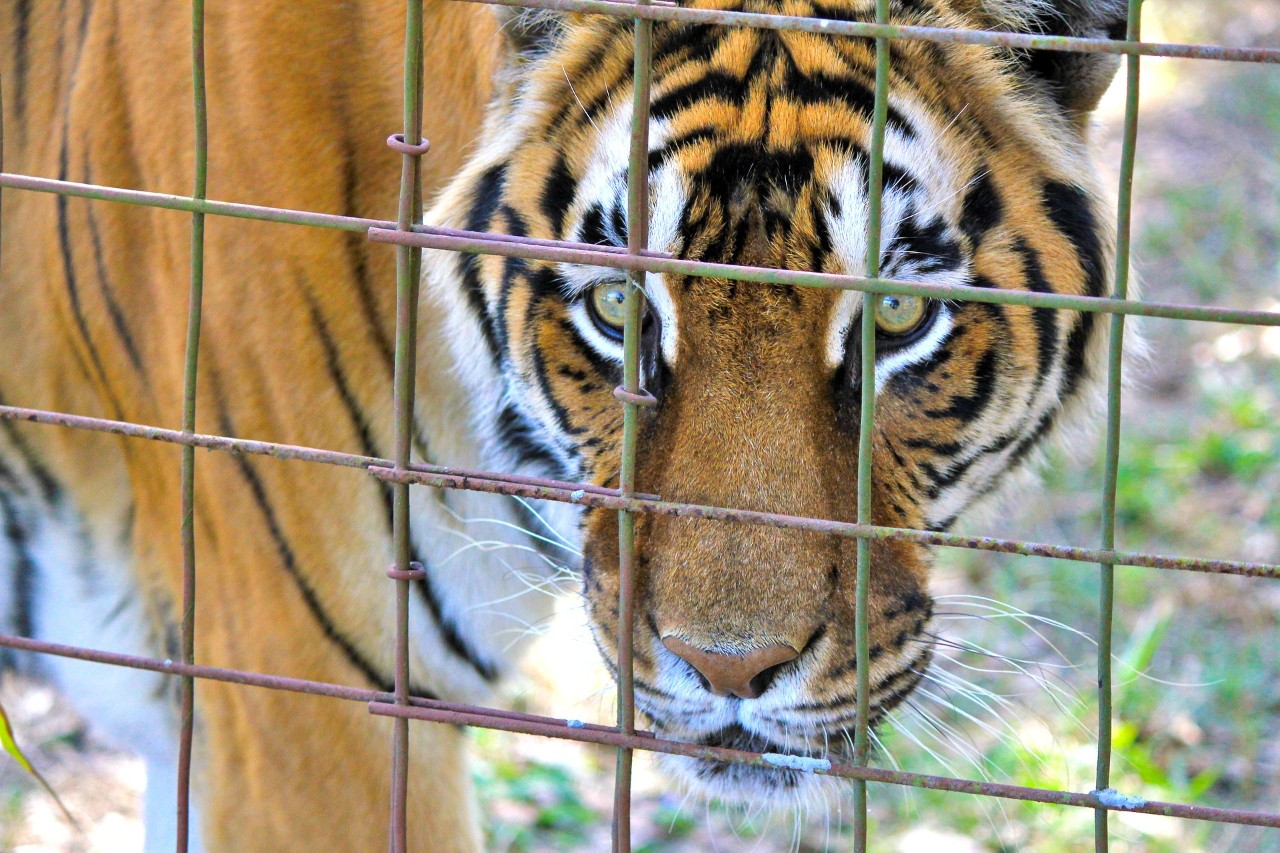
The charitable aspect of these big cat facilities is not so much mentioned in the Netflix documentary. However, since they collect donations with the claims of protecting endangered animals, these places need to be held accountable just like any other charitable organisation. Which is exactly what we did by vetting them. Here’s what we found about the big cat sanctuaries mentioned in the docuseries Tiger King:
Myrtle Beach Safari / Rare Species Fund
Introduced as the guy who inspired Joe Maldonado to open his own zoo, Doc Antle is one of the many “villains “ of the show. His zoo Myrtle Beach Safari is one of the most known facilities where people can observe and get close to wild animals. Myrtle Beach Safari itself does not claim to be a non-profit animal welfare organisation, however, the zoo’s website has a donating option that directs audiences to the Rare Species Fund. Rare Species Fund, established by Doc Antle himself, claims to be “a grassroots organization that supports wildlife conservation projects around the world.”
When we vetted the Rare Species Fund against our vetting framework, the organisation failed the first stage of our analysis with a score of 0 percent. To quote our vetting manager, “There is absolutely no relevant information on their website.” It is not clear what exactly this fund does, how they manage their finances, or who works for them. There isn’t even any way to reach this organisation if you had some questions for them.
On the second stage of our framework, In-depth Analysis, the Rare Species Fund failed again, this time with a score of 16 per cent. The reason the organisation scored slightly higher in this stage is because they provide some information about past projects in the form of downloadable documents. However, the majority of these documents are either outdated or don’t have dates at all, making the organisations current activities a mystery. Some of the projects that are deemed “conservation projects” in these documents are just descriptions of the safari entertainments packets or events that Doc Antle hosts.
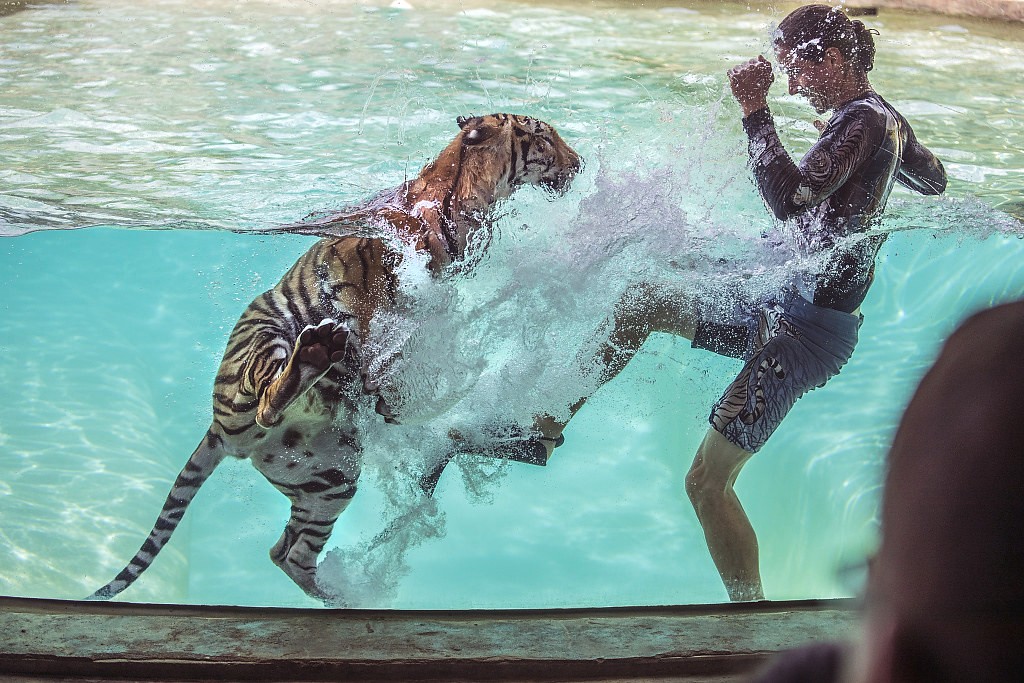
Zoological Wildlife Foundation
Mario Tabrue is introduced on the second episode of the series as a drug lord turned zoo owner whose facility is “impenetrable” for anyone who’s trying to investigate it. Tabrue’s Zoological Wildlife Foundation (ZWF) self-describes as an “organization dedicated to educating the public about rare and endangered animal species in captivity and in the wild.” The foundation works with volunteers and accepts donations.
Zoological Wildlife Foundation failed our Basic Analysis since it misses the majority of the required information to pass. Slightly better than the Rare Species Fund, ZWF got 30 percent thanks to the contact information they provide on their website.
For the In-depth Analysis stage, ZWF scored 11 percent. On their website, the foundation claims to support wildlife conservation projects all around the world, however, there is no tangible evidence of this support or detailed information about the projects.
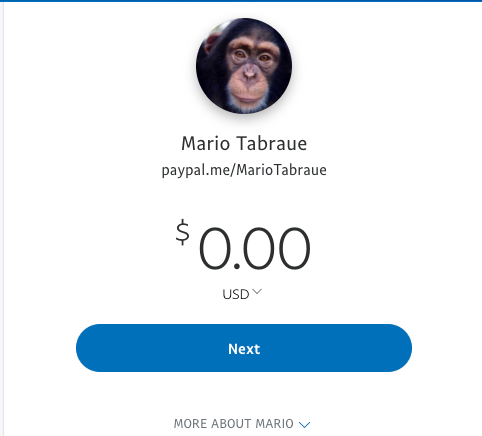
The Greater Wynnewood Exotic Animal Park
The Greater Wynnewood Exotic Animal Park is the new name of series protagonist Joe Exotic’s former zoo. The Park currently belongs to Jeff Lowe who has a major role in the series as the man who helped Joe only to take his zoo away from him. The park accepts donations, however, there is no information on their website on where these donations go.
The Greater Wynnewood Exotic Animal Park likewise failed the Basic Analysis Stage, scoring 30 percent for the contact information they provide.
The Park failed the In-depth Analysis with a score of 1 percent. A direct quote from the vetting report “...this park is not a non-profit but a business.” However, they do collect donations and make vague claims about animal rescue and helping endangered species. This makes the Park responsible for providing accurate information and being transparent about their operations, which they currently don’t do.
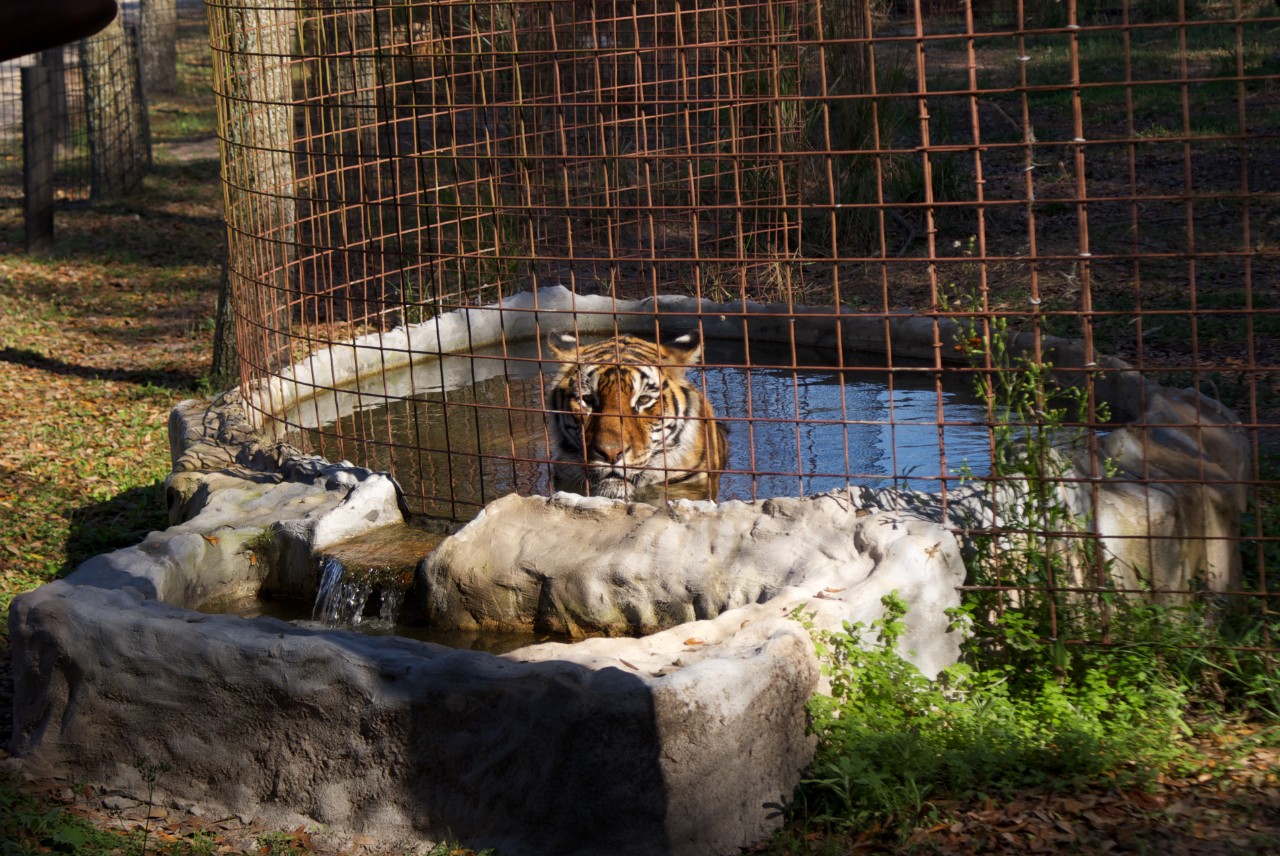
Big Cat Rescue
Carol Baskin is one of the docuseries’ most talked about characters. Big Cat Rescue is her self-proclaimed animal sanctuary. Different from the previous three, Big Cat Rescue brands itself as an animal conservation-focused place rather than a roadside zoo. However, as it becomes apparent in the series, the organisation is not so different from the places Baskin and her husband constantly criticise.
Big Cat Rescue scored the highest in Basic Analysis amongst the four places we vetted with 40 percent. On their website, they provide information about their strategic planning and share financial statements. However, in a manner that reflects Baskin’s behaviour in the documentary, they do not give any information on their board members and key staff despite having an entire page dedicated to telling other charitable organisations they should be sharing all of this information.
40 percent might look okay when compared to other organisations in this article yet it is still a failing score as we expect all charitable organisations to score 100 percent in the first and the most simple stage of our vetting.
Big Cat Rescue scores similar In the In-depth Analysis stage. With 36 percent, their score is higher than the others in this article yet still too low for Kinder’s standards.
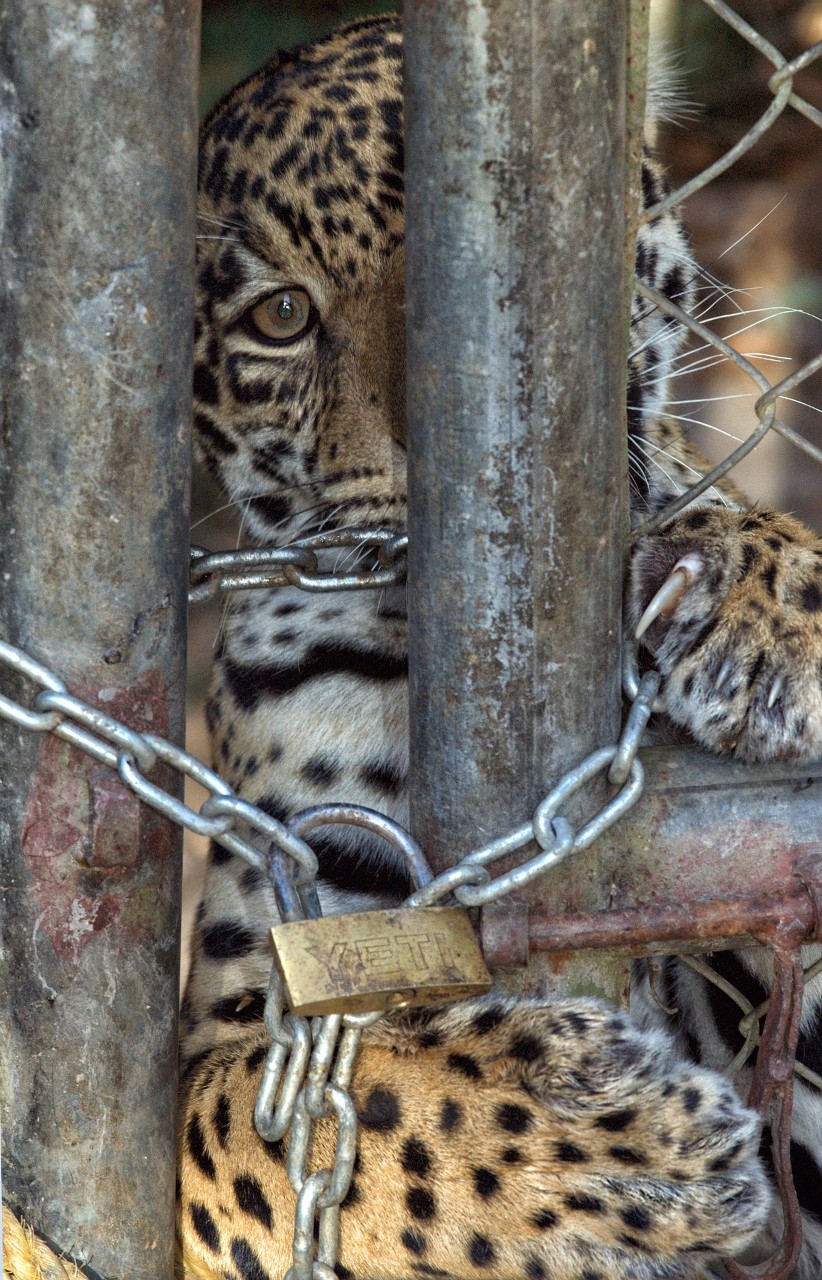
For anyone who’s seen the show, it’s not surprising that these big cat “rescue” places did not pass either stage of our analysis. Our goal at Kinder is not to ”catch“ organisations in their mistakes, it is to help them improve and achieve more positive impact. But, it is also to help people make informed decisions about their donation choices. If animal conservation and wildlife is a cause you care about here are three organisations that have passed the first stage of our analysis with 100 percent.




